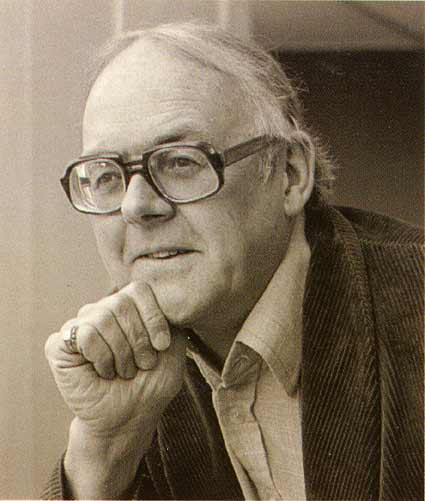Author, Journalist, Historian

This website is dedicated to the life and work of
Richard Seymour Hall
22 July 1925 – 14 November 1997
In the days when The Observer, under its Editor David Astor, led the world in its coverage of foreign affairs, Dick Hall was one of its best correspondents. His territory was Africa, and he reported on it with knowledge, insight and passion.
A close friend of Kenneth Kaunda in Zambia, he launched a newspaper there in 1960, and was the first Editor of the Times of Zambia after independence.
He was a passionate protagonist of the Biafrans, and was the last correspondent to leave before their fight for independence was lost in 1970. He later drew on these experiences and his unbeatable network of contacts to write several books, and to launch an influential newsletter, Africa Analysis.
Richard Hall was born in Margate and spent five childhood years in Australia, where his father absconded. When he was eight his mother, a strong and resourceful woman, returned to England with her two sons. He was educated at Hastings Grammar School, and began his journalist career on the Evening Argus in Sussex.
He joined the Navy and did war service as a decoder in the Mediterranean, damaging his eyesight in the process. It was during his time in the Navy that he met his first wife Barbara Hall, a Wren from Derbyshire, also a decoder.
After leaving the Navy he went up to Keble College, Oxford and gained an honours degree in English. Subsequently he joined the Daily Mail in London, but found domestic reporting restricting.
Having a strong entrepreneurial streak, and a spirit of adventure, he went out to Northern Rhodesia in 1955, where he ran some house magazines for the copper mines, before launching the African Mail, with help from David Astor of The Observer who supplied a printing press. The paper was taken over after independence, but Hall, who was friendly with Zambian President Kenneth Kaunda, became the Editor of the Times of Zambia.

In 1967 political pressures forced him to leave Zambia, and he returned to Britain to work for The Observer, where he stayed for 19 years as a foreign correspondent, covering not only African but Commonwealth news with distinction and courage. In 1986 he left to found Africa Analysis, which combined business and political expertise, and went on to become a great commercial success.
He wrote several books, including My Life with Tiny (a controversial account of his friendship with Rowland); Lovers on the Nile; and, one year before his death, Empires of the Monsoon, a history of the Indian Ocean.
After his first marriage ended in divorce, he married again, to Carol Cattley, a former Observer journalist. They lived near Oxford, where he enjoyed gardening, reading poetry and listening to music.